Did you know that science has proved that smart people have fewer friends?
You’re not unpopular, you’re just highly, highly intelligent.
I used to have a lot of friends. In fact, one of my friends recently commented on how easy it is for me to make friends. This may have been true once, but I’m not so sure of my friend-making abilities these days.
I’m not very confident in my friend-keeping abilities. If you compared the number of good friends I have now to the amount I had five years ago, there would be a huge difference. I have fewer friendships than I used to.
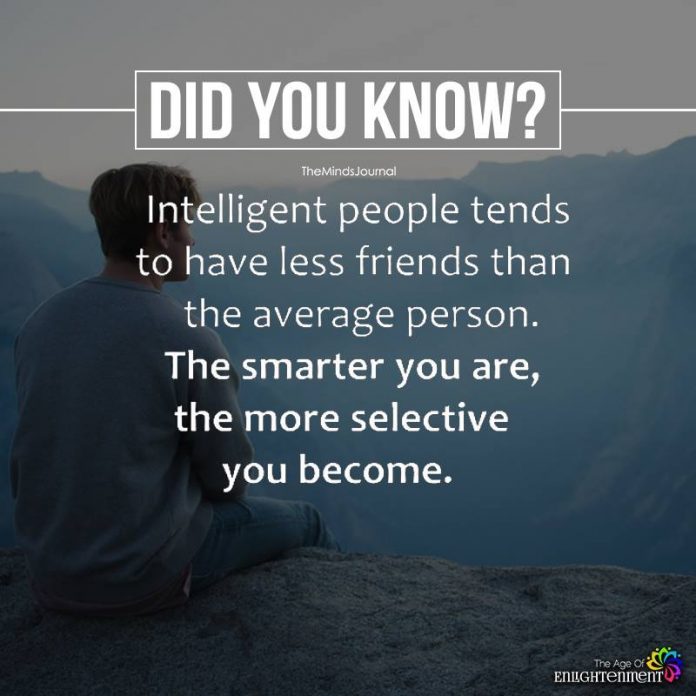
I’m going to take comfort in a recent study published in the British Journal of Psychology that says smarter people do better with a smaller amount of friends.

Lead researchers, Satoshi Kanazawa and Norman Li, evolutionary psychologists in England, found that, while most people’s happiness increased in relation to a decrease in population density (as well as a high percentage of interactions with loved ones), people who are extremely intelligent are actually happier when they’re not hanging out with friends.
“More intelligent individuals experience lower life satisfaction with more frequent socialization with friends,” the study said.
In an article on The Washington Post, Carol Graham, a Brookings Institute researcher who studies the economics of happiness, said, “The findings suggest (and it is no surprise) that those with more intelligence and the capacity to use it … are less likely to spend so much time socializing because they are focused on some other longer-term objective.”
It makes sense. Super-smart people usually have exciting new theories they want to prove, or inventions they’re working on that will change the world. The highly intelligent don’t want to spend their time socializing — they want to pursue their goals. They’ve got more important things to do than listen to their friends talk about their vacations in Italy over dinner.
Want to know more about how smart people have fewer friends? Read Most Intelligent People Choose To Be Less Social. Here’s why!
The study suggests that the brains of our hunter-gatherer ancestors were perfectly adapted to life on the African savannah, where the population would have been scattered, with people living in groups of around 150. Social interaction would have been extremely important in order to survive, especially in terms of co-operation and finding a mate, but space would have been crucial as well.
The researchers believe that there may be an incongruity between the way we’ve evolved and the quickly-paced lives we lead. Highly intelligent individuals are better able to adapt to modern life, and they’re not as tied to humanity’s evolutionary predilections. This means they don’t have as much of a need for social interaction.
So if you only have a few close friends and prefer to stay at home working on your writing or enjoying a glass of wine by yourself, don’t despair. You’re probably just really smart.
If you are one of the smarter people and don’t prefer socializing as much as your friends do, then don’t worry about that. You are different, and just because everyone else is doing it, that does not mean you have to. Always do what you like doing, and live life on your own terms.
If you want to know more about why smart people have fewer friends, then check out this video below:
By Christine Schoenwald
This article was originally published on yourtango.com


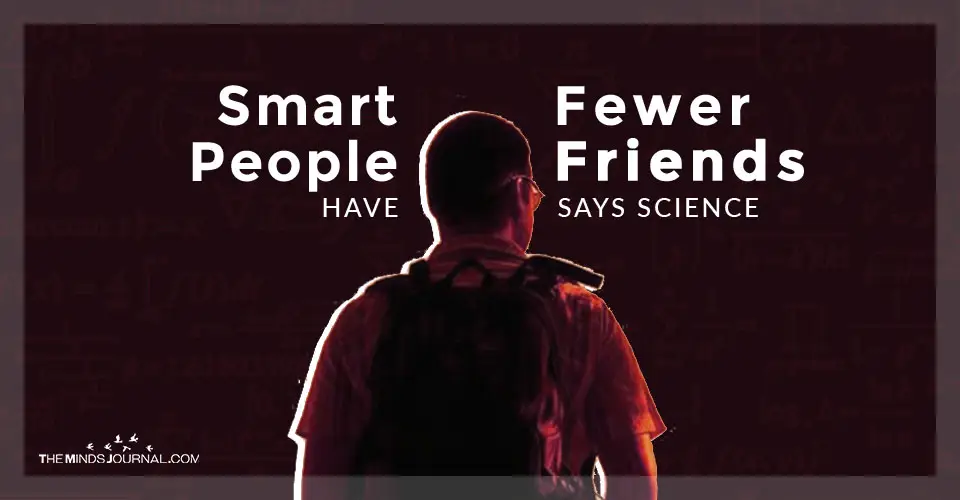
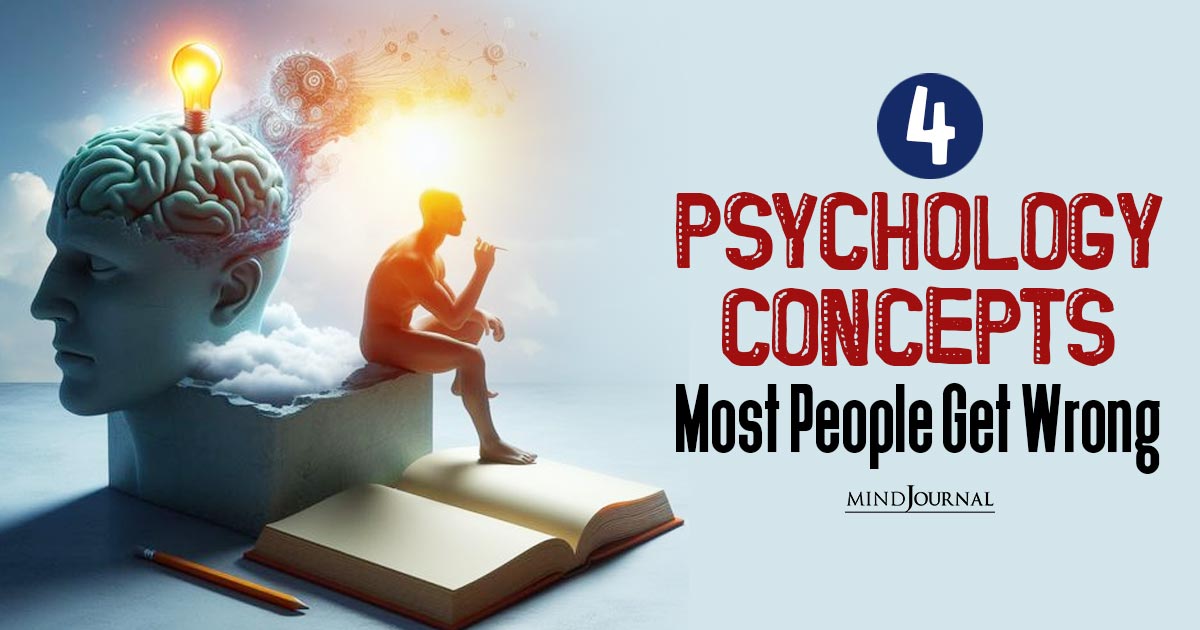

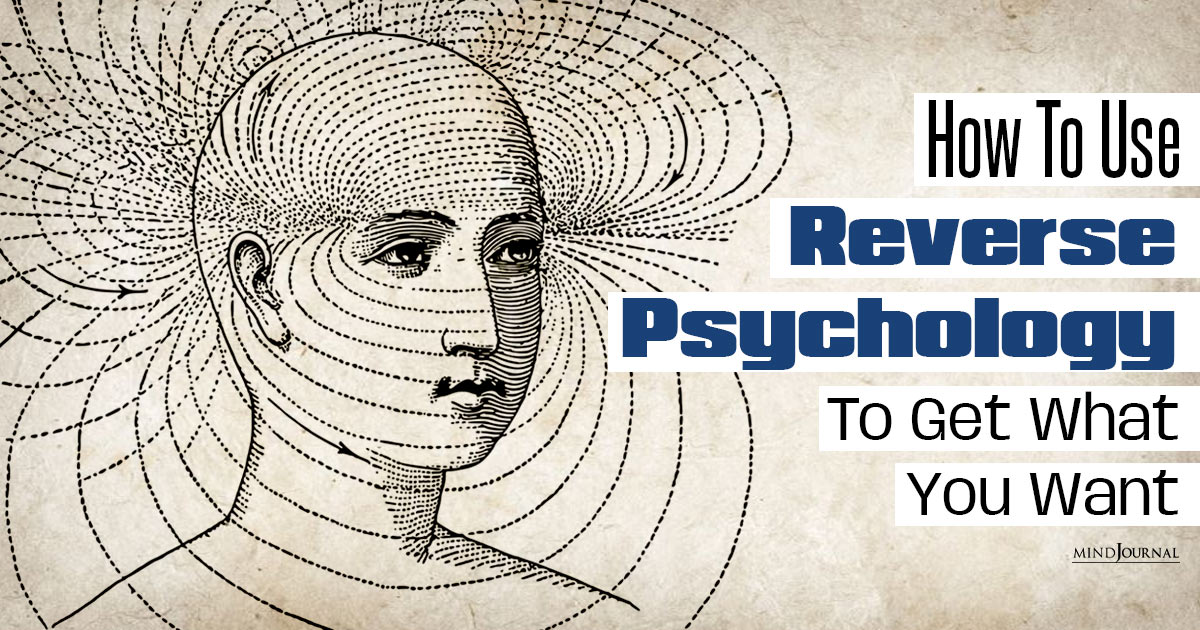


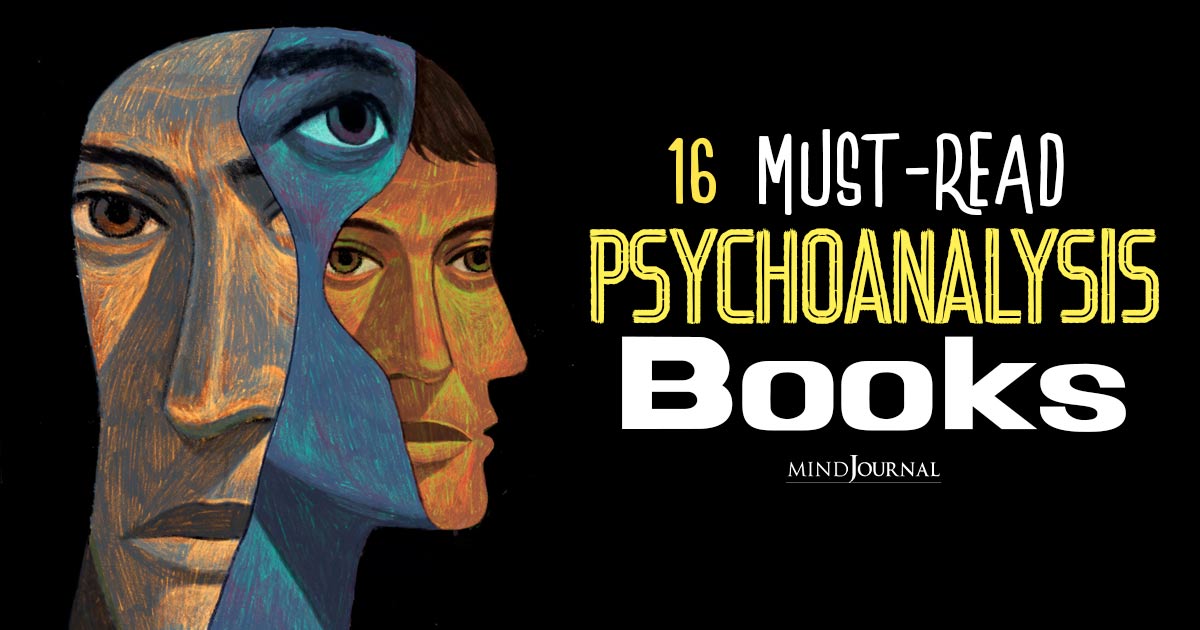
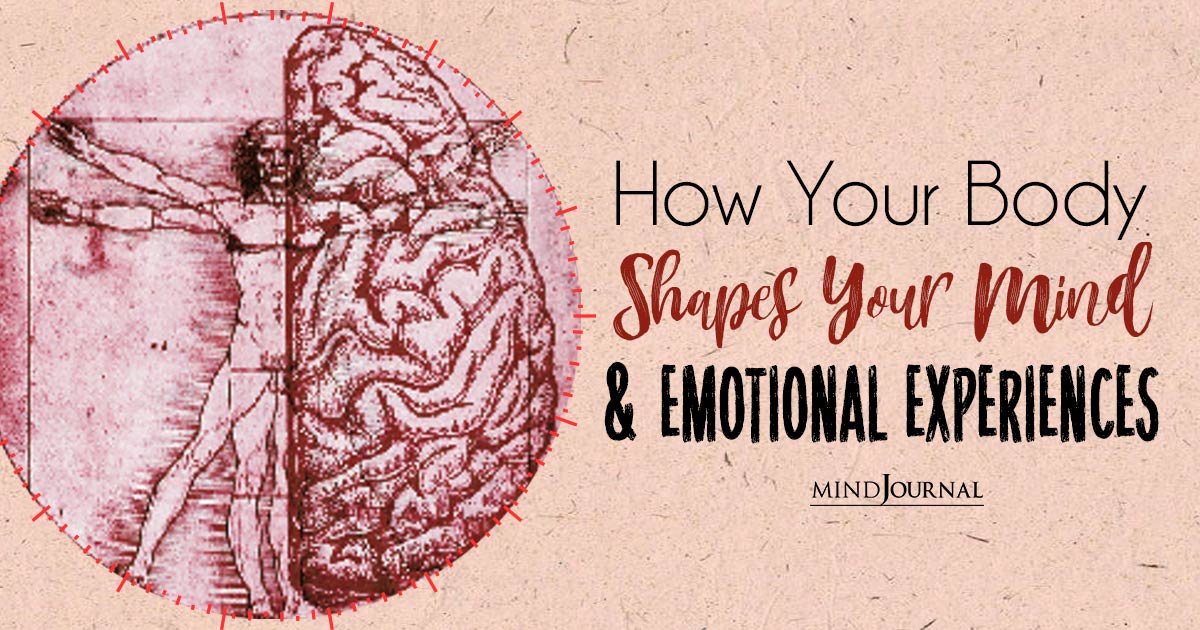
Leave a Reply
You must be logged in to post a comment.